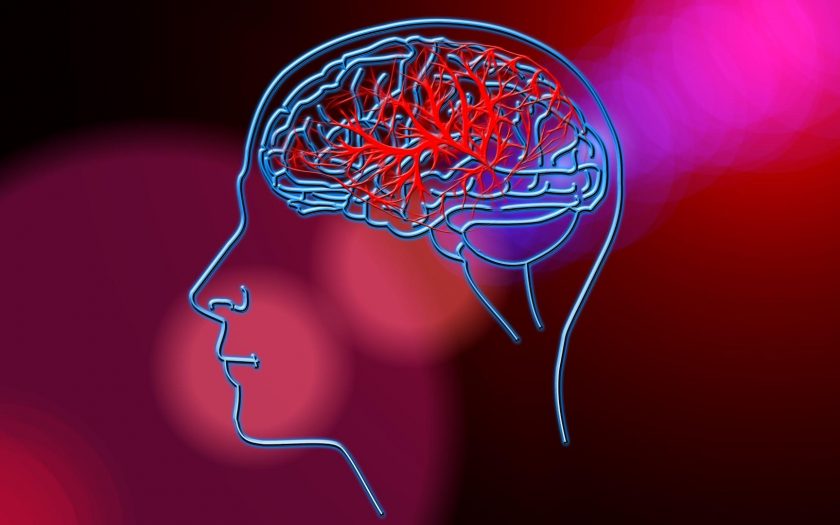Acute cerebrovascular accident often leads to the development of various mnestic disorders. According to statistics, about 50% of cases are accompanied by memory impairment. Patients are always looking for suitable methods of recovery for themselves.
Remember that in the human body, different parts of the brain are responsible for storing information. After a stroke, dead neurons cannot fully function with each other. Depending on the location of the lesion, the type of memory change is determined. When the left hemisphere is damaged, logic is broken, causal connections are lost, and it is difficult for the patient to remember the sequence of actions. When the right hemisphere is damaged, the emotional sphere is disturbed, the imagination suffers.
Let’s look at the main symptoms of memory loss:
- problems with short-term memory;
- inability to systematize and analyze the information obtained;
- the difficulty of complying with the points of the received instructions;
- a person may forget the way home or get lost in previously familiar places.
The speed of memory recovery after a stroke depends on many factors. The patient’s age, degree of brain damage and type of stroke should be considered. The doctor must develop a program of rehabilitation treatment taking into account the individual characteristics of each patient.
An integrated approach should be preferred, which will help to quickly see the positive dynamics. The rehabilitation program should include sessions with a physiotherapist, neuropsychologist, speech therapist and occupational therapist. In addition to training with specialists, a person must perform the prescribed exercises at home. Consistency and regularity are the key to success in such a difficult recovery process.
There are the following methods of rehabilitation:
-
Neuropsychological correction.
This method uses intellectual games (chess, checkers) to stimulate the brain. You can also stimulate the brain using the association technique. Associative thinking promotes quick memorization. Making rhymes has a positive effect on memory.
-
Speech therapy classes.
Regardless of the degree of speech impairment in patients, training with a speech therapist after a stroke is a mandatory part of the rehabilitation process. A qualified specialist will correctly assess the patient’s readiness for work.
Recovery training lasts 20-45 minutes (depending on the degree of fatigue of the patient). If you have a headache, shortness of breath while working with a speech therapist, reduce the session to 10 minutes.
-
Physical therapy.
The patient is advised to get out of bed as often as possible and do a warm-up. Walking in the fresh air helps to restore brain function. Proper exercise can help you reduce stress slowly but effectively.
-
Art therapy.
In the absence of severe motor disorders, doctors recommend that patients draw and sculpt. In this way, imagination, thinking and memory can be stimulated.

